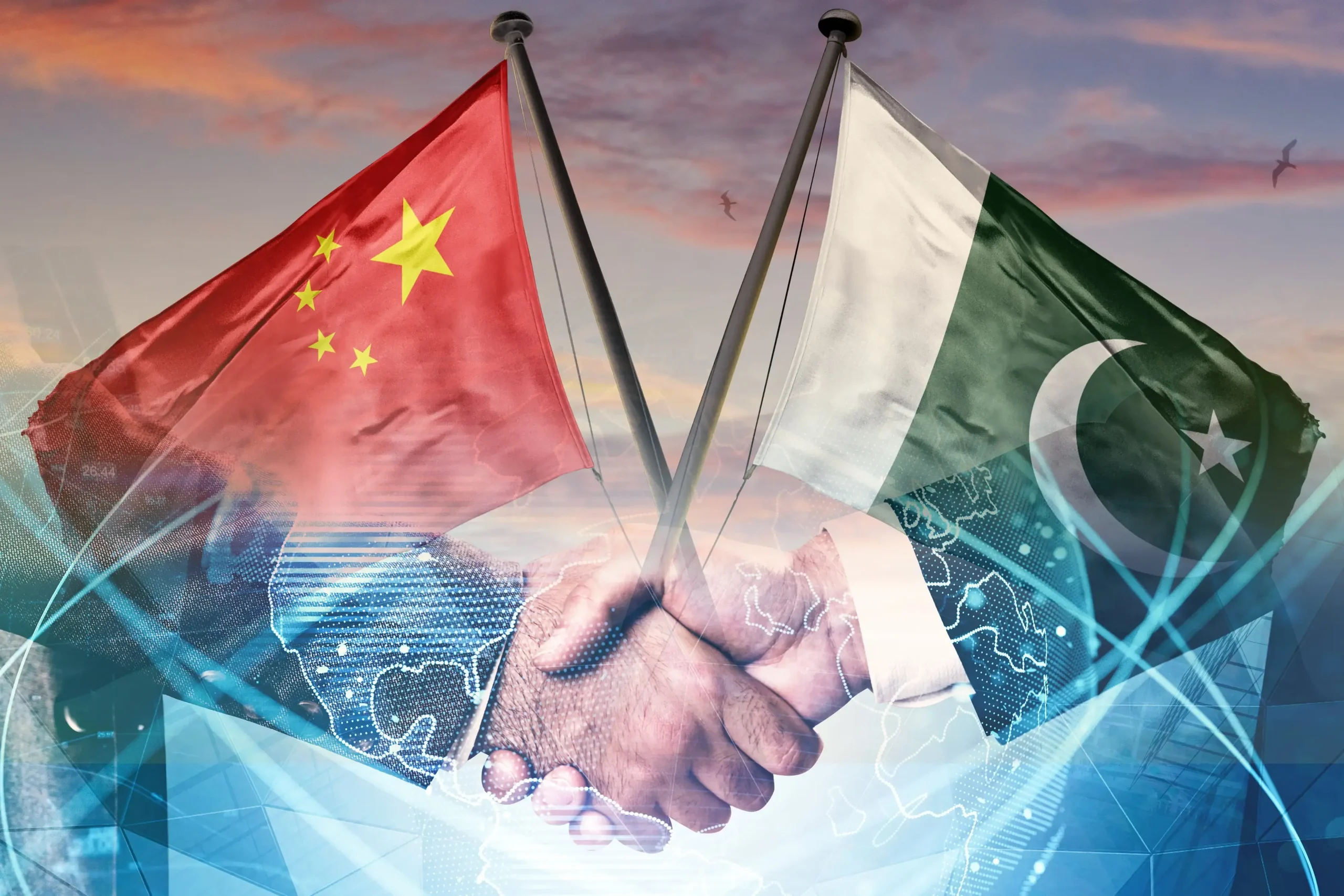By Zhong Yin, People’s Daily
Views on the current Chinese economy vary, and here are three perspectives.
China’s economy maintains stable, positive growth momentum.
Recently, the positive signs of China’s economy were particularly evident as many indicators showed marginal improvement. Many economists believe that the Chinese economy has posted stable performance based on a firm footing.
On the demand side: The year-on-year growth rate of the total retail sales of consumer goods in September was 1.1 percentage points higher than the previous month. Fixed-asset investment rose 3.4 percent in the first three quarters of this year, spurred by vibrant capital influx into high-tech industries. Exports outperformed expectations, increasing by 6.2 percent year on year in the first three quarters. As of the end of September, foreign exchange reserves returned to $3.3 trillion.
Investment, consumption, and exports – the three pillars driving growth – demonstrate a coordinated and robust performance. As the second-largest economy in the world, China has achieved steady economic growth, with expanded new drivers, improved economic structure, and a more solid foundation for economic development.
On the supply side: In September, China’s industrial output for enterprises above the designated size rose 5.4 percent year on year, and the growth pace was 0.9 percentage points faster from the previous month; the index gauging the country’s service industry output rose 5.1 percent year on year, increasing by 0.5 percentage points from the previous month. The purchasing managers’ index (PMI) for China’s manufacturing sector rose to 49.8 percent, a rise of 0.7 percentage points from the previous month. These marginal improvements in macroeconomic indicators offer direct positive evidence that China’s economy maintains stable, positive growth momentum.
China’s policy measures are conducive to unleashing economic vitality.
On September 26, the Political Bureau of Communist Party of China (CPC) Central Committee held a meeting to analyze and discuss the current economic situation and make plans for future economic work, sending a strong signal for stabilizing economic growth. Social expectations and market confidence are on the rise.
Major national strategic projects and key security infrastructure initiatives are being rapidly implemented and advanced in China, which not only boost current investment growth but drive industrial transformation while laying a stronger foundation for long-term, high-quality development.
Large-scale equipment upgrades and trade-in of consumer goods are also benefiting businesses and consumers alike. These efforts are spurring rapid sales growth for key consumer goods such as automobiles, home appliances, and furnishings, while promoting high-end, intelligent, and green upgrades in related industries.
Besides, China has pursued coordinated reforms in the fiscal, tax, financial, and other major sectors, and rolled out a bundle of pro-housing policies to reverse the downturn and stabilize the real estate sector, bringing about positive changes in the market.
The major reform measures set out in the Third Plenary Session of the 20th Central Committee of the CPC are also being implemented, such as building a unified national market, which will effectively unleash the vitality of the whole Chinese society.
China’s robust macroeconomic regulation and precise counter-cyclical regulation remain essential drivers of its ongoing sound economic growth. Pierre-Olivier Gourinchas, chief economist of the International Monetary Fund, noted that the direction of these policies is correct.
Singaporean Senior Minister Lee Hsien Loong believes that the measures issued by the Chinese government are conducive to lifting confidence and demand, and many Chinese industries have reached world-class standards.
Innovation-driven development continues propelling China’s economic growth.
In the first three quarters, the production and sales of China’s new energy vehicles (NEVs) reached 8.316 million and 8.32 million units respectively, marking year-on-year increases of 31.7 percent and 32.5 percent. China has ranked first globally in terms of NEV production and sales for nine consecutive years. Behind these figures lie the trends that will shape future consumption patterns and offer solid support for long-term economic growth.
A 2022 market survey showed that 84 percent of China’s NEV users are under 40, with about half under 30. A German media outlet noted that the average age of electric vehicle buyers in China is 34, compared to 56 in the European Union. This highlights the potential of “developmental consumption” in China.
In today’s China, the emerging and future industries, such as NEVs, autonomous driving technology, smart wearable devices, integrated circuits, low-altitude economy, and virtual reality, are characterized by a focus on technological innovation and green, low-carbon development.
From consensus to concrete action, from investment to consumption, from supply to demand, China’s new development philosophy has served as a guiding force driving deep industrial transformation and upgrading and shifts in development approaches, allowing new quality productive forces and consumer groups to advance in tandem.
The contribution rate of final consumption expenditure to China’s economic growth has risen from 55.4 percent in 2012 to 82.5 percent in 2023. As younger generations become the primary consumer base and high-quality population development aligns with improved living standards, China’s 1.4 billion-plus population is transitioning from “subsistence consumption” to “developmental consumption,” greatly expanding consumer potential and sustaining a strong trend in consumption upgrading.
With the rapid progress in modernizing the industrial system with the real economy as the pillar and the steady advancements in the well-rounded development of people and common prosperity for all, China’s economy is poised to maintain a positive trajectory in the long term.





